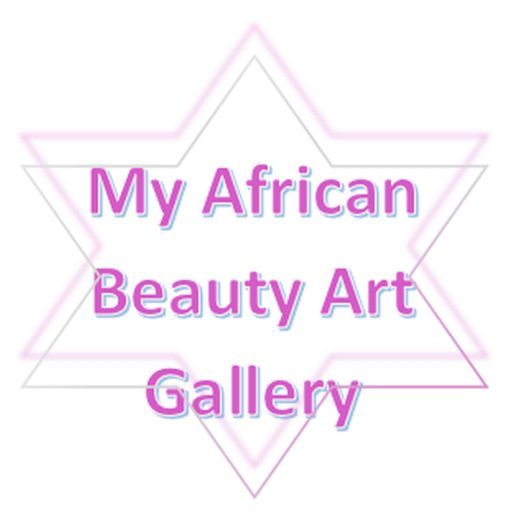Kenya
INFO
CAPITAL
Nairobi
POPULATION
48,397,527 (July 2018 est.)
CLIMATE
Tropical to arid
CURRENCY
102.1 shillings = 1 USD (2017 est.)
IMPORTANT CITIES
Mombassa, Kisumu, Nakuru
AREA
580,367 sq.km.
PEOPLE
NATIONALITY
Kenyan
MAJOR PEOPLES
Maasai, Pokot, Swahili
RELIGION
Christian 83{a1a33444ee922ad961904607c501cbe84d9cddb45266103b20616805d66fa906} (Protestant 47.7{a1a33444ee922ad961904607c501cbe84d9cddb45266103b20616805d66fa906}, Catholic 23.4{a1a33444ee922ad961904607c501cbe84d9cddb45266103b20616805d66fa906}, other Christian 11.9{a1a33444ee922ad961904607c501cbe84d9cddb45266103b20616805d66fa906}), Muslim 11.2{a1a33444ee922ad961904607c501cbe84d9cddb45266103b20616805d66fa906}, Traditionalists 1.7{a1a33444ee922ad961904607c501cbe84d9cddb45266103b20616805d66fa906}, other 1.6{a1a33444ee922ad961904607c501cbe84d9cddb45266103b20616805d66fa906}, none 2.4{a1a33444ee922ad961904607c501cbe84d9cddb45266103b20616805d66fa906}, unspecified 0.2{a1a33444ee922ad961904607c501cbe84d9cddb45266103b20616805d66fa906} (2009 est.)
LITERACY
78{a1a33444ee922ad961904607c501cbe84d9cddb45266103b20616805d66fa906}
PRINCIPAL LANGUAGE
Kikuyu, Maasai, Kamba, Luo
OFFICIAL LANGUAGE
English, Kiswahili
POLITICS
HEAD OF STATE
Uhuru Kenyatta (since April 9, 2013)
TYPE OF GOVERNMENT
Presidential Republic
DATE OF INDEPENDENCE
December 12, 1963
MAJOR EXPORTS
Tea, Coffee, Horticultural Products, Petroleum Products, Fish, Cement, Apparel
PRECOLONIAL HISTORY
Archaeological evidence indicates that Kenya was home to some of the earliest human ancestors. Peoples speaking Cushitic, Nilotic, and Bantu languages inhabited the area in the first millennium CE, and the Swahili language developed from a combination of Bantu and Arabic to establish a common trading language. The Arab settlement of Mombasa was a dominant trading port by the time Portuguese explorer Vasco de Gama landed there in 1498. The Portuguese occupied the coast of Kenya for the next two hundred years before losing the region to Islamic control. Omani Arabs held the coastline until European powers divided Africa into colonial territories in the 1880s. Britain established the East African Protectorate in 1895 and led military expeditions into Kenya, suppressing the indigenous peoples’ attempts to resist colonial rule and an influx of white settlers. Kenya officially became a British colony in 1920. The first nationalist organization, the Kenya African Union (KAU) was founded in 1944. Jomo Kenyatta of the Kikuyu ethnic group became its leader three years later. In 1953, Kenyatta was accused of directing the four-year Mau Mau rebellion against British rule, during which a state of emergency was declared. Kenyatta was released in 1961. He became Kenya’s first president after the nation was granted independence in 1963 and declared a republic in 1964.
POSTCOLONIAL HISTORY
Kenyatta’s party, the Kenya African National Union (KANU), controlled the government for the next forty years. He was re-elected and died in office in 1978, succeeded by his vice-president, Daniel arap Moi. Multi-party elections were held in 1992, but Moi was re-elected despite widespread protests and accusations of corruption. Opposition leader Mwai Kibaki was elected in 2002 and re-elected in 2008. The violence related to the 2008 election caused the displacement of hundreds of thousands of Kenyans, and the country currently holds nearly half a million refugees from neighboring Somalia. In 2012, under the leadership of UN Secretary Kofi Annan, the government adopted a new constitution based on negations with the opposition. Uhuru Kenyatta, the son of Jomo Kenyatta, was elected president. He was indicted by the International Criminal Court for his alleged crimes against humanity during the 2008 election and remains in office. The next elections will take place in 2018.
